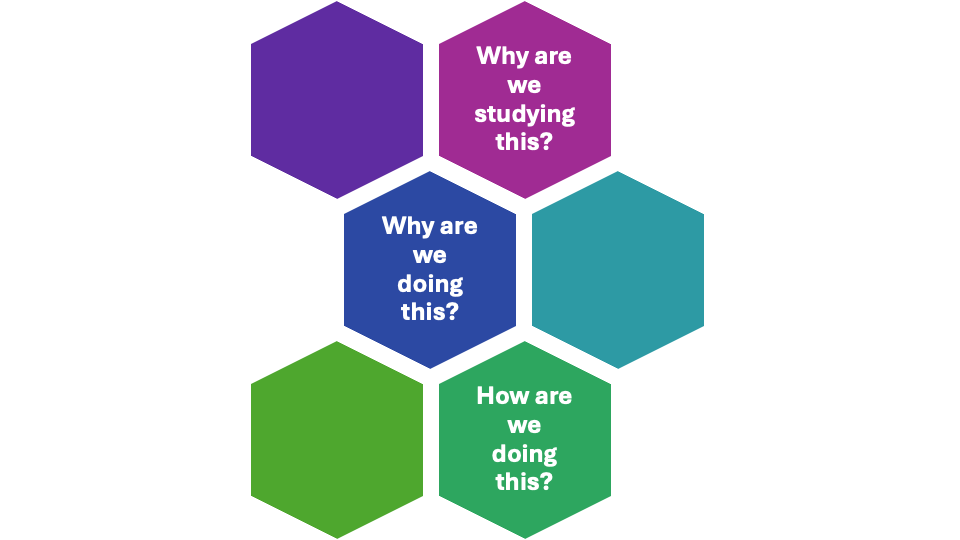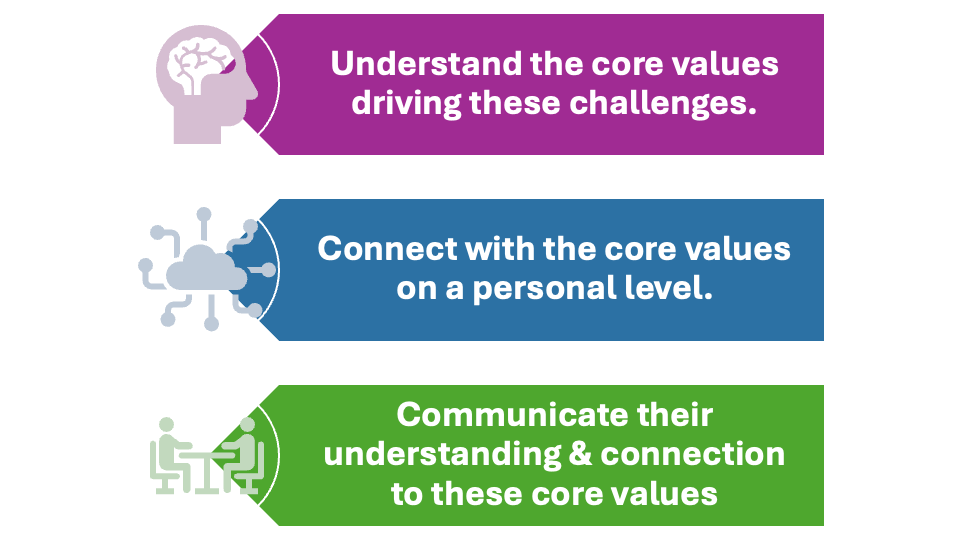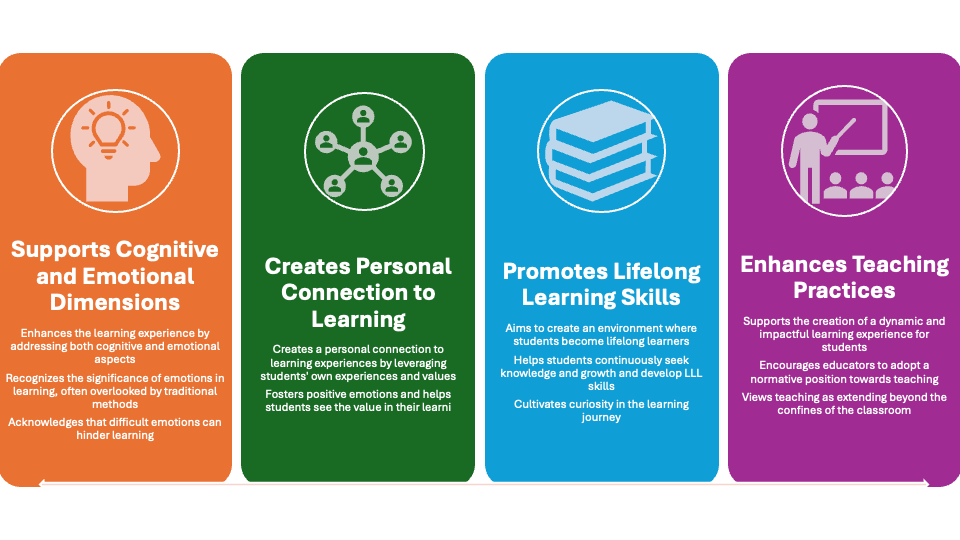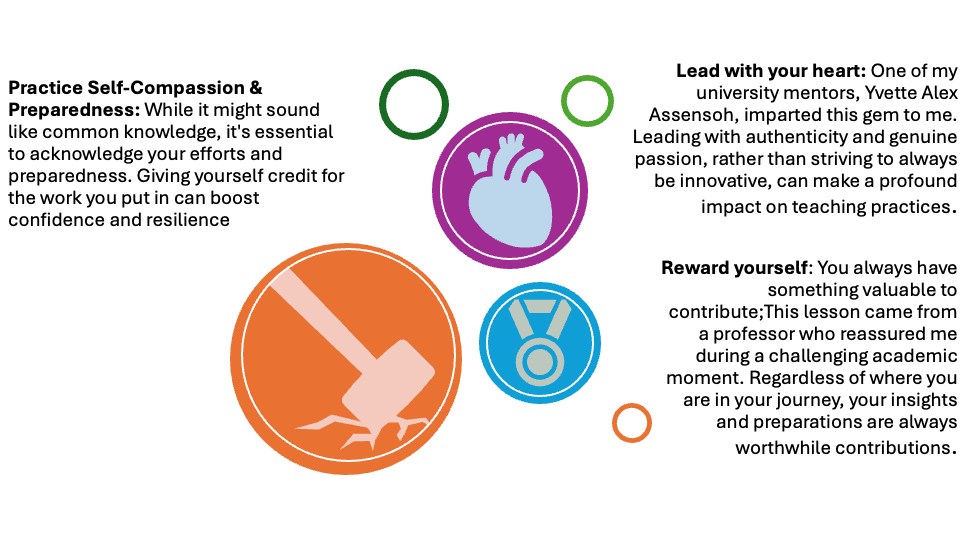Can you please share more information about your research expertise, the courses you are teaching and any other projects? We are also aware that you are going to be awarded as teacher of the year. Congratulations.
Thank you for the congratulations! I am honored to be awarded Teacher of the Year and proud to work with passionate colleagues. As a researcher and educator at the University of Twente, my work spans several interconnected areas. My research focuses on how local communities address shared challenges like climate change, migration, safety, and digitalization, with a recent emphasis on climate change, local communities, and energy transitions.
I teach master's and bachelor's courses on sustainability, complex policymaking, and energy transitions. I have also developed a micro-module on energy transitions using challenge-based learning. Additionally, I serve on program committees and ethics boards, advise student associations, and mentor global students.
Beyond the university, I volunteer with local organizations to support communities and indigenous peoples in securing land rights and self-governance, especially against climate change and environmental degradation. This integration of research, teaching, and service enriches my academic contributions and creates a dynamic learning environment for my students.
What does the theme of "going the extra mile" mean to you as an educator, particularly in the context of the Week of Education?
To me, "going the extra mile" as an educator means continually striving to provide the best possible support and guidance to our students and peers. At the University of Twente, and in my interactions with educators elsewhere, I've seen this commitment manifested in various ways. It involves constantly improving our teaching methods, remaining curious about new educational practices, and being lifelong learners ourselves. It's about understanding our students' individual learning objectives and helping them achieve their personal and professional goals beyond the university.
"Going the extra mile" means not being complacent and always seeking to enhance the educational experience. It embodies a dedication to service, both within the academic community and beyond, ensuring that we are always ready to assist, inspire, and guide our students. During the Week of Education, this theme resonates strongly as it highlights the passion and dedication that educators bring to their vocation, emphasizing the critical role of teaching in academia.
Could you share insights into the innovative project you've been working on that aligns with the theme of “going the extra mile”?
First, I want to emphasize how fortunate I am to teach in a supportive environment that promotes interdisciplinary and transdisciplinary collaboration with other faculties. Teachers at the BMS have access to valuable resources such as the UT Learning and Teaching Portal and CELT. This project also applies to our project, which is a collective effort involving colleagues from public administration, psychology, health, and technology sections.
Our innovative project focuses on developing a narrative learning toolkit to help educators engage students in co-developing essential questions for challenge-based learning (CBL) in public administration. In CBL, students must formulate essential questions, a task often challenging due to difficulties in establishing personal and collective connections to the material. This disconnection can hinder deep engagement and relevance.
We find narrative storytelling, especially narratives spanning different time periods and locations, effective. This method allows students to draw from real and imagined experiences, fostering a deeper connection to essential questions both emotionally and intellectually. This connection is crucial for understanding the personal and societal relevance of challenges in a CBL environment.
Given the complexity of societal challenges embedded in our courses at the University of Twente, we see the need for a comprehensive toolkit to help students navigate and make sense of these challenges.
How can this toolkit be adopted and used by teachers ? Can you give an example of how you have been using it ?
We are still in the process of fully developing and implementing the toolkit, and we are seeking funding to apply it in both classroom and non-traditional educational settings. However, my colleagues and I have already started using elements of this approach to motivate students to engage with fundamental questions:

The toolkit emphasizes autobiographical and reflexive narrative learning, encouraging students, educators, and peers to explore core societal values. This approach fosters a learning community that critically examines these values amidst complex issues.
Promoting autobiographical and reflexive learning, the toolkit helps understand societal values, crucial in our crisis-laden times. As a University of Technology, we aim to deeply integrate these values to better address complex challenges. Connecting personal experiences to broader societal issues, students gain a deeper understanding. Additionally, animations and narrative techniques communicate these values effectively, aligning with our mission to blend social and technical sciences. This enhances the learning experience, making complex concepts more accessible and engaging.
Elevator pitch: what’s the idea of your toolkit, and what can it bring to (y)our colleagues?
Our toolkit aims to address one of the most challenging aspects of education, especially within challenge-based learning: formulating the essential question. This question serves as both a goal and a metric, guiding learners and educators towards achieving their learning objectives in complex, societal, and environmental challenges.
To enhance the learning experience and extend its impact beyond the classroom, our toolkit provides students with the tools to:

Through techniques such as autobiographical writing, reflection, narrative tutoring, and animation, our toolkit breaks beyond disciplinary boundaries. It can be integrated into challenge-based education across all disciplines at the UT and beyond, fostering transdisciplinary collaboration and enhancing teaching effectiveness in diverse educational environments.
The title of our interview is “Going the Extra Mile.” In what ways do you believe your toolkit encourages educators to go beyond traditional teaching methods?
Well, I wouldn’t say that it goes beyond traditional teaching methods; it, rather, amplifies the impact and excitement of learning in profound ways. From my point of view, the toolkit encourages educators to go beyond traditional teaching methods in the following way:

We believe that by integrating our toolkit into their teaching practices, educators can create an environment where students become lifelong learners, continuously seeking knowledge and growth, thus truly going the extra mile in their educational journey.
What inspired the integration of narrative techniques like life stories, animation, and documentaries into your teaching methods?
I'm fortunate to have an inspiring colleague and friend, Anneke Sools, who leads the Story Lab and works within the psychology, health, and technology cluster. Together, we've embarked on a journey to transcend disciplinary boundaries and explore the power of narrative storytelling and moral imagination in education.
Recognizing narrative techniques' potential in tackling complex challenges, I proposed exploring "more than human" connections to nature. With a shared passion for nurturing these relationships, we secured seed funding for a narrative pedagogy project. Our aim is to deepen understanding of environmental interconnectedness and address societal, environmental, and technological issues.
Using life stories, animation, and documentaries, we seek to inspire empathy, critical thinking, and action for a sustainable future. Through this approach, we empower students to explore complex issues holistically, fostering a deeper connection to the world.
What obstacles do educators face when introducing new teaching methods, and what strategies can help overcome these for successful implementation?
I can't speak for all educators, but I will discuss my own experience as a teacher. Integrating new teaching methods presents significant challenges, primarily due to scarce resources, especially time. While innovation is desirable, practical constraints necessitate strategic decisions. Assessing the suitability of innovations for current circumstances and their impact on student learning is crucial. Prioritizing innovations that excite and align with teaching goals makes the process more manageable and enjoyable.
Managing my expectations is also vital. I often feel pressured to consistently excel, which can be daunting. Embracing incremental progress and being open to adjustments is essential for successful implementation. Recognizing that innovation involves trial and error and accepting occasional setbacks as part of the learning process is key. To overcome these challenges, I prioritize excitement-driven innovations, seek support, and adopt a flexible mindset that embraces incremental progress and resilience.
What advice would you give to assistant professors who aspire to innovate in their teaching practices?
In terms of offering advice, I’m probably not the best candidate for doling out wisdom. However, I can share three invaluable pieces of advice I’ve received from mentors who've guided me along the way.






